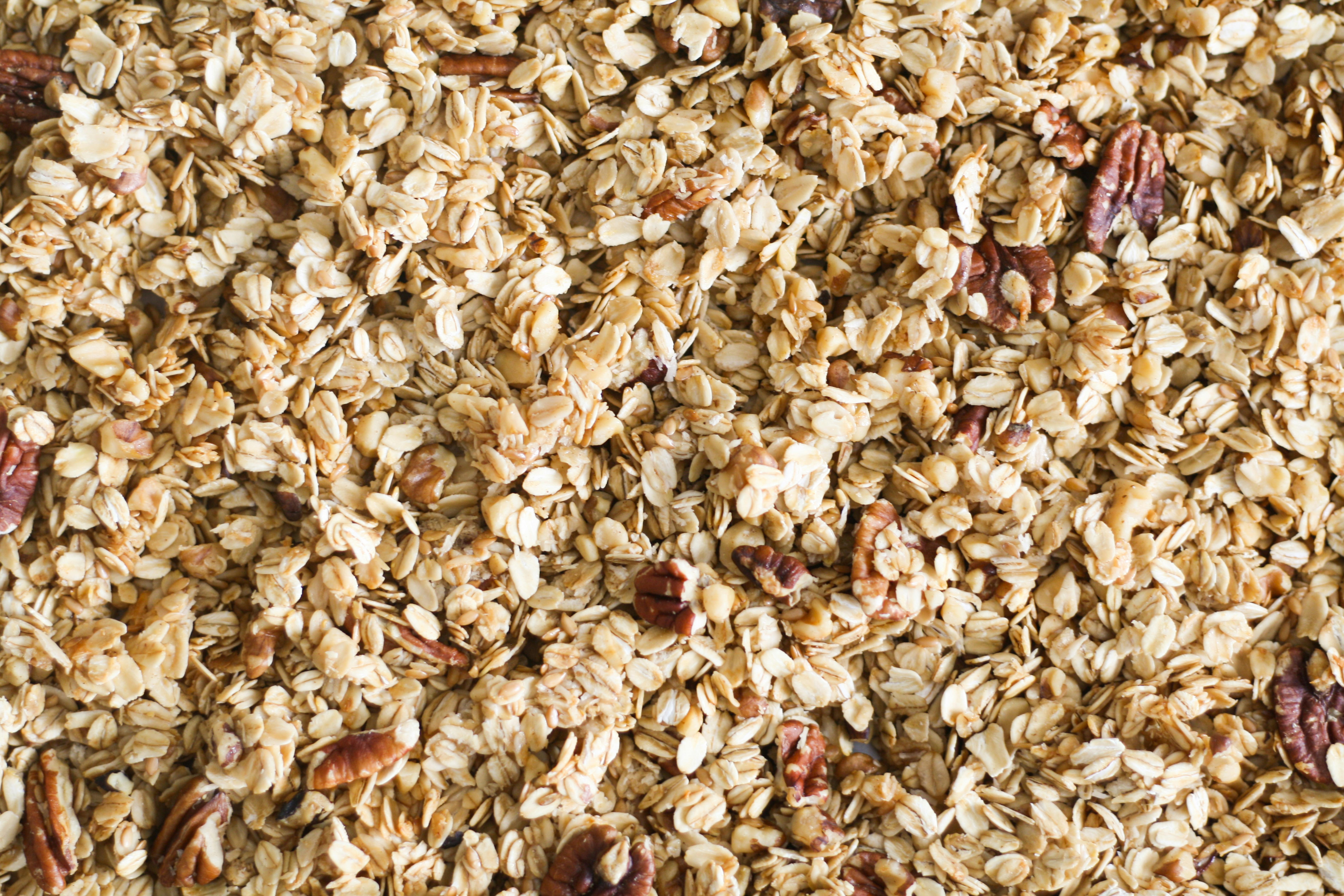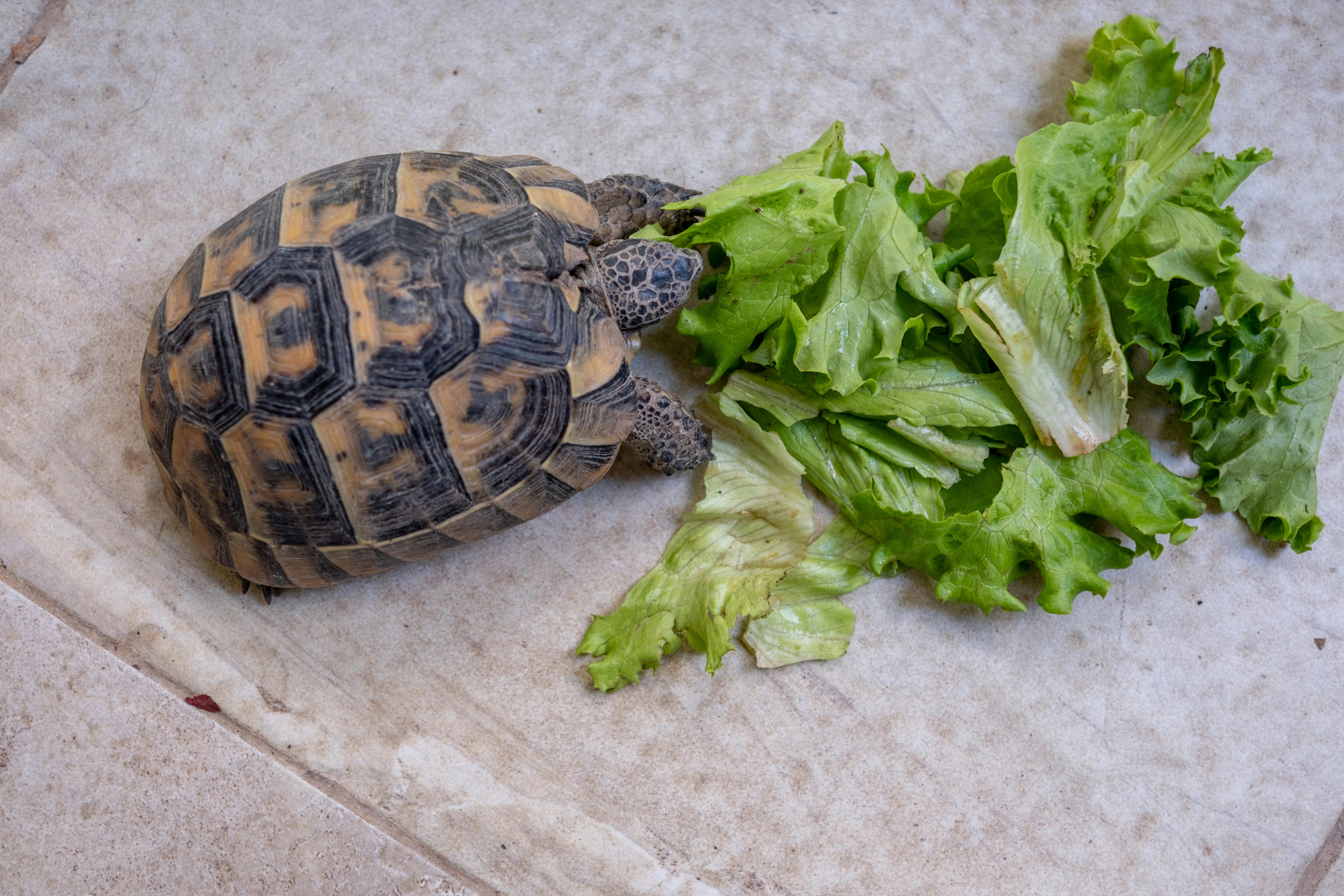Smart Ways to Optimize Electrolytes for Carnivore Diet Success in 2025

Smart Ways to Optimize Electrolytes for Carnivore Diet Success in 2025
As the carnivore diet gains popularity in 2025, understanding how to optimize electrolytes is essential for maintaining overall health and well-being. This all-meat diet can lead to electrolyte imbalance, which can cause various health issues such as muscle cramps, fatigue, and digestive problems. The primary electrolytes to consider are sodium, potassium, magnesium, calcium, and chloride, all of which play vital roles in maintaining hydration, muscle function, and metabolic processes.
This article will guide you through smart strategies for managing electrolytes effectively on a carnivore diet, focusing on nutrient sources, supplementation, hydration techniques, and dietary recommendations. By becoming knowledgeable about your nutrient intake and understanding the importance of electrolyte balance, you can enjoy the health benefits of a meat-based diet while avoiding the common pitfalls associated with electrolyte depletion.
Key takeaways from this article include practical tips for meal planning, foods rich in essential minerals, and strategies for maintaining hydration levels. Whether you're new to the carnivore lifestyle or seeking to optimize your existing regimen, this guide serves as a comprehensive resource for enhancing your health and vitality.
Essential Electrolyte Sources in Animal-Based Nutrition
Building on the basics of electrolytes, it's crucial to identify the best dietary sources available in a carnivore diet. Animal products, especially organ meats and certain cuts of muscle meat, are rich in the essential minerals your body needs.
High-Quality Meats: The Foundation of Your Electrolyte Intake
Meat provides a significant source of electrolytes, particularly sodium and potassium. Sodium, a vital electrolyte, is often lost through sweat, particularly in hot climates and during physical activity. Including salt in your meals can help maintain this electrolyte. Opting for high-quality, unprocessed meats, especially those with higher fat content, can also enhance overall nutrient density, supporting electrolyte balance.
Including Organ Meats for Nutrient Density
Organ meats such as liver and kidney are powerhouses of essential minerals, including magnesium and copper. These foods not only contribute to your electrolyte intake but also improve overall nutrient absorption and metabolic function. Aim to incorporate organ meats into your weekly meal prep, as their unique nutrient profiles can significantly enhance your health while following a carnivore diet.
Seafood: A Delicious Source of Essential Minerals
Seafood, particularly shellfish and fatty fish, provides not only high-quality protein but also vital electrolytes like magnesium and calcium. Regular consumption of benefits-rich seafood can boost your energy levels and support muscle function. Not to mention, it's a delicious way to diversify your carnivore menu while maximizing electrolyte intake.
Hydration Strategies and Electrolyte Management
With these fundamentals established, effectively managing your hydration strategies is essential for synergizing with electrolyte intake. Proper hydration is key in avoiding symptoms associated with electrolyte depletion such as headaches and cramping.
Understanding Hydration Frequency and Needs
Monitoring your hydration frequency is imperative—especially in a low-carb diet like carnivore, where water loss may be increased. Drinking adequate fluids throughout the day enhances nutrient absorption and digestion, further optimizing nutrient density. Developing habits to remind yourself to drink water frequently can enhance overall well-being and cognitive performance.
Using Electrolyte Powders as Supplements
In scenarios where food sources may not suffice, consider using electrolyte powders. These supplements can be mixed with your beverages for a quick boost of essential minerals. They're especially useful during intense physical activities or when experiencing cravings. Always choose high-quality products with minimal additives for best results.
Identifying Signs of Electrolyte Imbalance
Being aware of the signs of electrolyte imbalance is essential for maintaining health on a carnivore diet. Symptoms such as muscle cramps, weakness, and fatigue can indicate the need for increased electrolyte intake. By learning how to read your body and its needs, you can make timely adjustments to your nutrient intake and prevent health risks.
Cooking Techniques to Preserve Electrolytes
Connected to this principle of optimizing electrolyte intake, cooking techniques can make a significant impact on your nutrient preservation. Not all cooking methods retain the same amount of electrolytes found in raw materials. Understanding these methods can enhance meal quality while ensuring that the essential minerals remain intact and bioavailable.
Slow Cooking for Enhanced Flavor and Nutrient Retention
Slow cooking is an excellent method for enhancing flavor while preserving nutrients. By carefully simmering your meats, you can extract maximum minerals into the broth, creating nutrient-rich meals. Bone broth is an ideal example, providing high bioavailability for minerals and supporting digestive health.
Grilling and Roasting: High-Heat Techniques
Both grilling and roasting can effectively seal in flavors while providing a desirable texture. However, overcooking can lead to nutrient loss; thus, it's important to monitor cooking times. Utilizing marinades made from mineral-rich ingredients can also elevate electrolyte profile while enhancing taste.
Minimizing Electrolyte Loss During Cooking
Techniques such as steaming rather than boiling can reduce the loss of essential minerals. Additionally, consider alternate cooking methods that utilize less water, maintaining the nutrient density of your food. By implementing these practices, you can ensure that meals not only taste great but also support your dietary needs.
Meal Planning for Optimal Electrolyte Balance
With these insights into cooking techniques and hydration strategies, it's vital to integrate effective meal planning to maintain a balanced diet. Thoughtful planning allows you to meet your dietary restrictions while ensuring you consume a variety of nutrient-dense foods.
Carnivore Meal Ideas to Optimize Electrolytes
When creating your meal plan, consider incorporating a range of meats, seafood, and organs. Examples include a breakfast scramble with eggs and liver, grilled steak with a side of sautéed shrimp for lunch, and a hearty stew made with bone broth and various meats for dinner. Experimenting with different food combinations can keep meals exciting while ensuring a comprehensive nutrient intake.
Snacking Options to Support Electrolyte Needs
For those grazing throughout the day, choose snacks such as beef jerky, pork rinds, or seared scallops that offer more than just calories—they provide essential minerals too. Mindfully selecting snacks high in electrolytes will help you stay energized and support muscle and neuromuscular function effectively.
Meal Frequency and Macro Ratios
Maintaining an appropriate meal frequency and understanding macro ratios is crucial when following a carnivore diet. Balancing meals with sufficient protein and fats can enhance appetite regulation and minimize cravings. Consider tailoring meal timing based on your individual tolerance and lifestyle, knowing that consistency plays a key role in nutrient optimization.
Q&A: Common Concerns About Electrolytes on a Carnivore Diet
Addressing common questions surrounding the use of electrolytes will help alleviate concerns and promote a well-balanced approach to nutrition.
What if I'm experiencing muscle cramps on the carnivore diet?
Muscle cramps can often be attributed to low sodium or potassium levels. Ensure you're adequately salting your food and incorporating potassium-rich cuts of meat to alleviate these symptoms.
Should I take electrolyte supplements while on a low-carb diet?
While whole foods should be your primary source of electrolytes, supplements can be beneficial during periods of intense physical activity or illness when nutrient loss is heightened. Always choose products that align with your dietary choices and needs.
How can I tell if I'm dehydrated?
Signs of dehydration include dry mouth, fatigue, dark yellow urine, and dizziness. Monitoring your hydration levels, especially during physical activity, will help you stay aware of your needs. Drinking enough fluids and managing your electrolyte intake will keep you on track.
Can electrolytes affect my energy levels on a carnivore diet?
Yes! Proper electrolyte balance supports energy production and muscle function. Ensuring adequate intake of sodium, potassium, and magnesium allows your body to function optimally and can enhance overall energy levels.
What's the best way to maintain electrolyte balance during the transition to a carnivore diet?
Gradually incorporate nutrient-dense animal products while ensuring sufficient hydration. Prioritize high-sodium foods during the initial transition and consider monitoring your body's response so you can make necessary adjustments.

